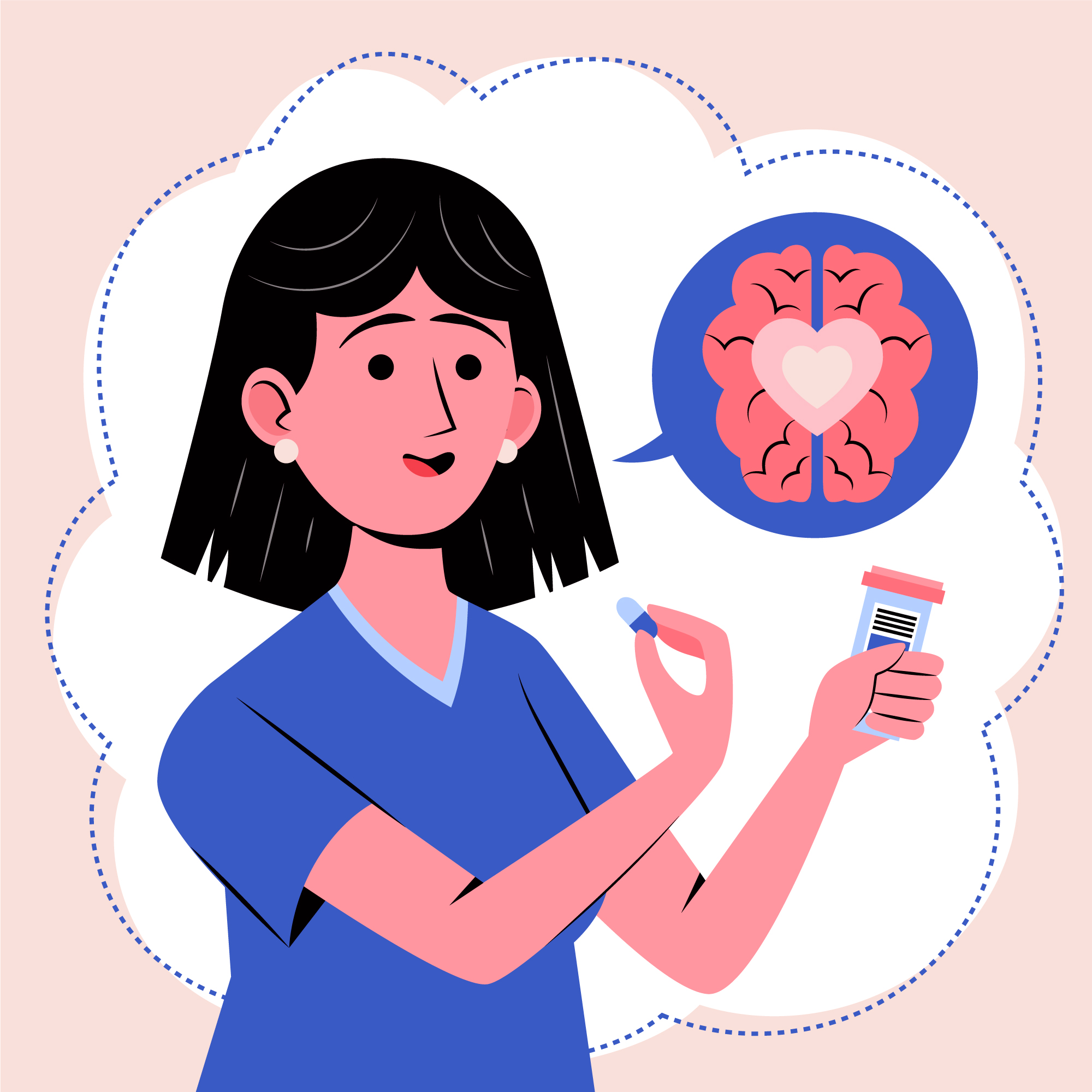
The Role of Hormones in Coping with Emotional and Psychological Aspects of Type 1 Diabetes
Living with Type 1 diabetes involves not only managing physical health but also addressing emotional and psychological aspects.
Hormones, such as insulin and cortisol, play a significant role in how individuals cope with the emotional challenges of diabetes. In this blog, we’ll explore the impact of hormones on managing the emotional and psychological aspects of Type 1 diabetes and understand how hormonal imbalances influence mental well-being.
Understanding Emotional and Psychological Aspects
Type 1 diabetes can affect mental health, leading to stress, anxiety, depression, and feelings of isolation. Coping with the daily demands of diabetes management, fear of complications, and societal stigma can all contribute to emotional distress.
The Role of Hormones
Hormones play a crucial role in regulating emotions and stress responses. Insulin, cortisol, and adrenaline are among the hormones involved in the body’s stress response system. Hormonal imbalances, such as fluctuations in blood sugar levels and stress hormone levels, can impact mood, cognition, and behavior.
Coping Strategies
Managing the emotional and psychological aspects of Type 1 diabetes involves adopting coping strategies, including:
- Seeking Support: Connecting with healthcare professionals, support groups, friends, and family members can provide emotional support and practical advice.
- Stress Management: Practicing relaxation techniques, such as deep breathing, meditation, or yoga, can help reduce stress levels and promote emotional well-being.
- Expressing Emotions: Talking about feelings and concerns with trusted individuals or keeping a journal can help process emotions and alleviate psychological distress.
- Setting Realistic Goals: Breaking down diabetes management tasks into manageable goals and celebrating achievements can boost confidence and motivation.
- Self-care: Prioritizing self-care activities, such as adequate sleep, healthy eating, regular exercise, and hobbies, can improve overall well-being and resilience.
Understanding Imbalances
Hormonal imbalances, such as insulin deficiency or resistance, can impact mood regulation and stress responses in individuals with Type 1 diabetes. It’s essential to recognize these imbalances and adopt coping strategies to support emotional and psychological health.
Conclusion
Coping with the emotional and psychological aspects of Type 1 diabetes requires a holistic approach that addresses hormonal imbalances and promotes emotional well-being. By understanding the role of hormones and adopting effective coping strategies, individuals with Type 1 diabetes can enhance their quality of life and mental health.
To seek medical advice, always consult a Doctor.
Here are our recommended experts.
To read more on Type 1 diabetes. Click Here


